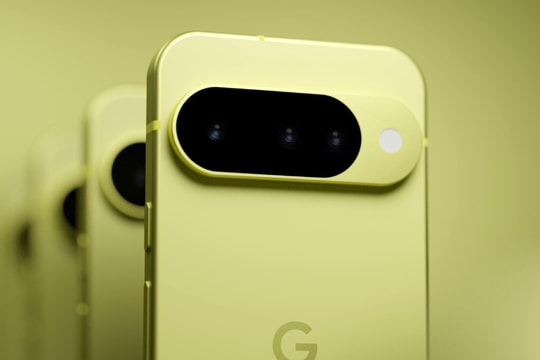Generative AI is ushering in a world-changing era
Generative AI is ushering in a new era, from healthcare and finance to entertainment, cybersecurity and education, with the potential to change the world.
Generative AI and the Application Explosion
Generative AI is a term used to describe algorithms that can generate new content such as images, music, or text. Deep learning-based models such as GANs and VAEs have paved the way for revolutionary advances, helping many fields create new values that were previously difficult for humans to achieve.
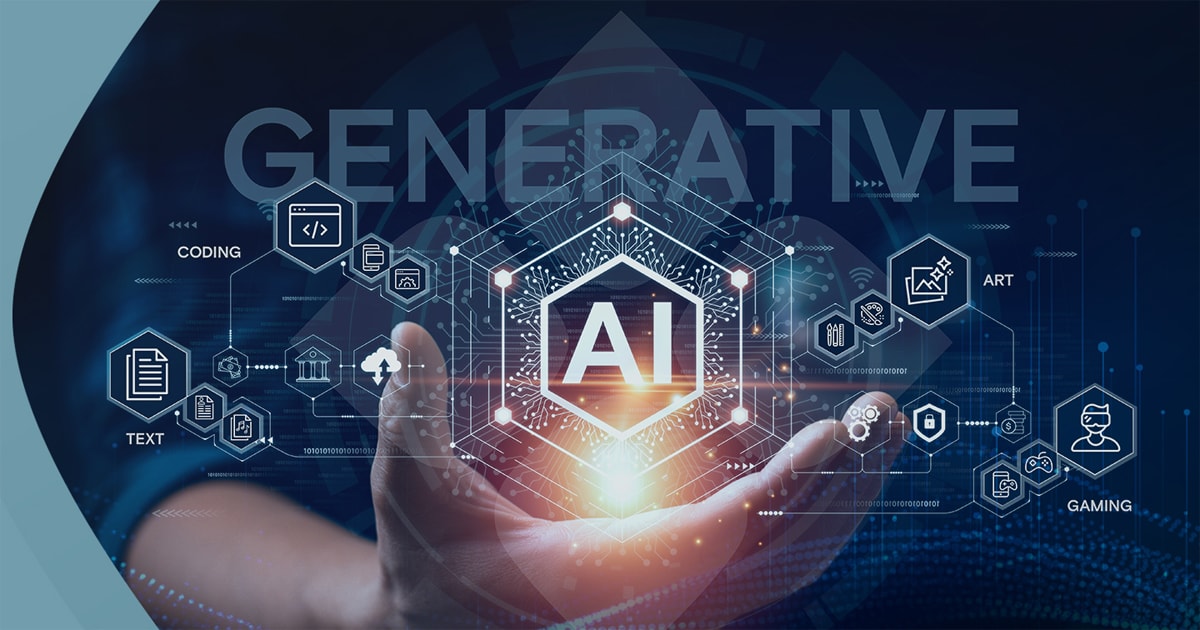
Healthcare: From synthetic data to early diagnosis
In medicine, generative AI supports drug development, personalized treatment, and medical image processing. Companies can analyze individual patient genetic data to develop personalized treatment plans.
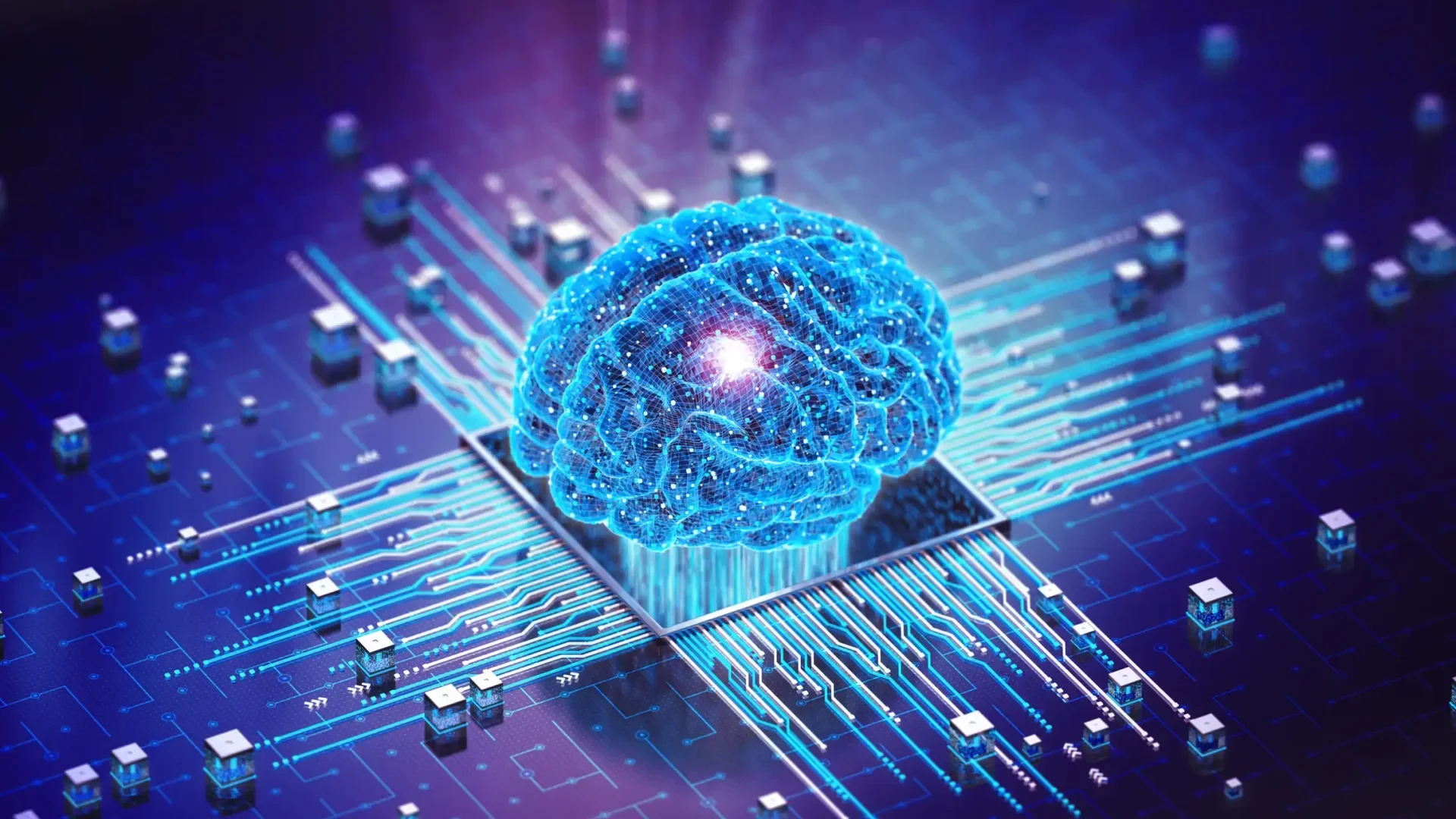
Additionally, the technology generates synthetic data that can be used to train machine learning models without violating privacy. Applications like SkinVision can analyze skin images to detect early signs of skin cancer, supporting faster diagnosis.
Finance: Risk Management and Fraud Prevention
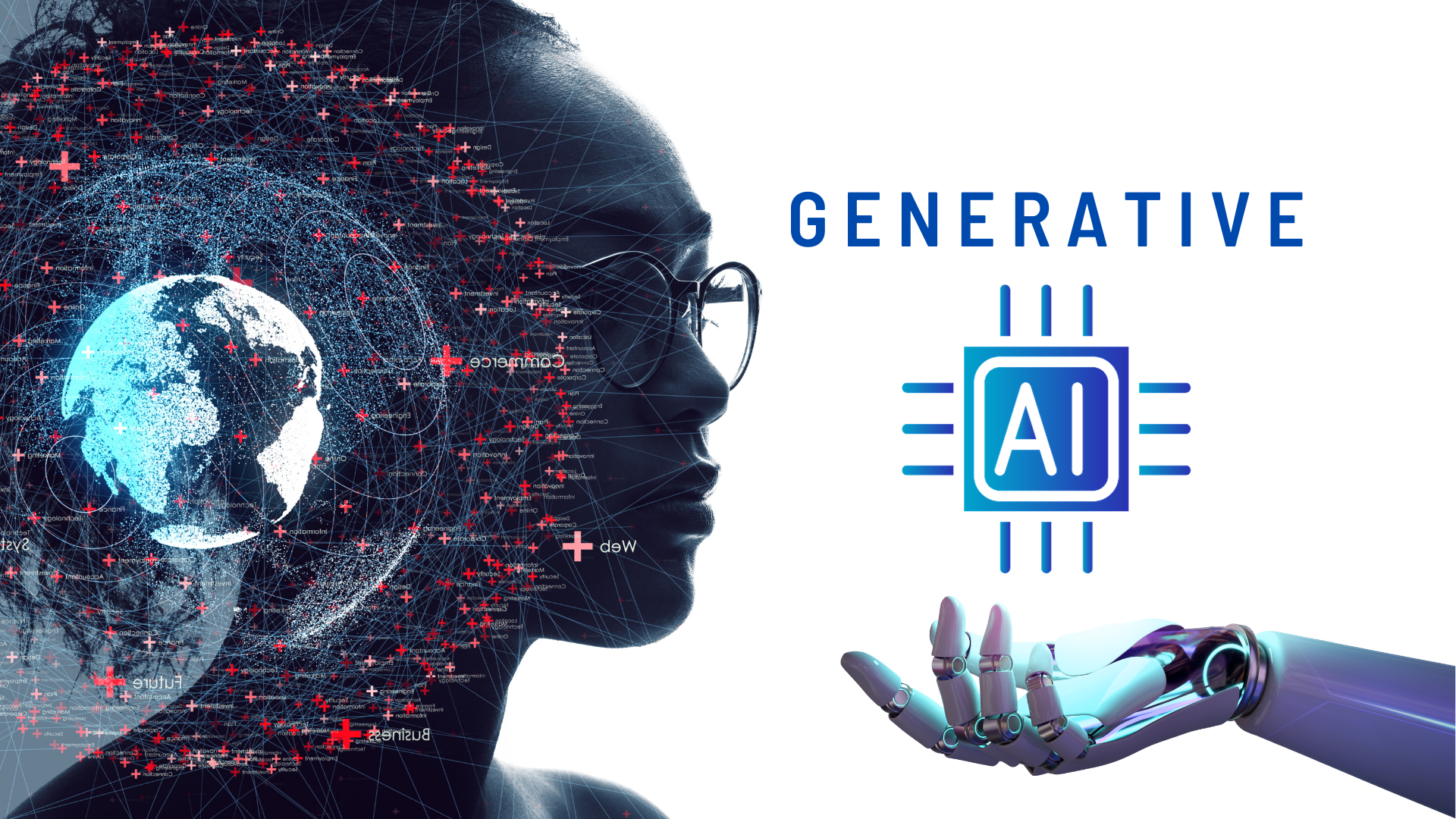
The financial industry uses generative AI to detect fraud, design personalized investment packages, and control risks. PayPal and American Express have applied this technology to immediately identify unusual transactions. JPMorgan Chase also uses AI to assess the risks of lending and investing, helping to limit losses before they occur.
Entertainment and Media: Faster, More Creative Content
The entertainment industry is leveraging AI to accelerate content production. Canva integrates AI to allow users to design visually with just a few taps.
In games, Unity ML-Agents help virtual characters learn to adapt to the player, making the experience more vivid. With MusicFy, users can compose music with just an idea, and AI will create the complete melody.
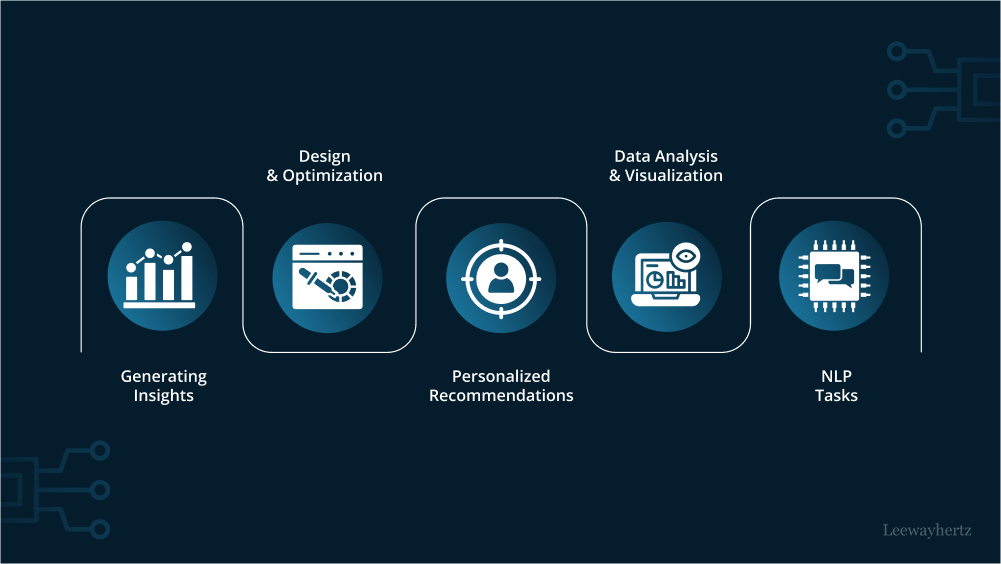
Cybersecurity: Smart Defense
Generative AI supports cyberattack detection and automated incident response. The technology recognizes traffic anomalies, analyzes email content to prevent online fraud, and prioritizes incidents based on their severity.
Education: Learning linked to practice
In teaching, AI can create real-life learning situations. Students learn fractions through cooking, study the environment by testing local water quality, or analyze modern literature to connect it to today’s society.
Game: A constantly changing experience
Generative AI allows for story-building and environments that change based on gameplay, creating a unique experience. Pokémon Go incorporates augmented reality elements, encouraging players to move around.
Language learning apps like Duolingo incorporate competition and leaderboards to increase excitement. Fitbit turns exercise into a fun competition, helping users stay motivated.
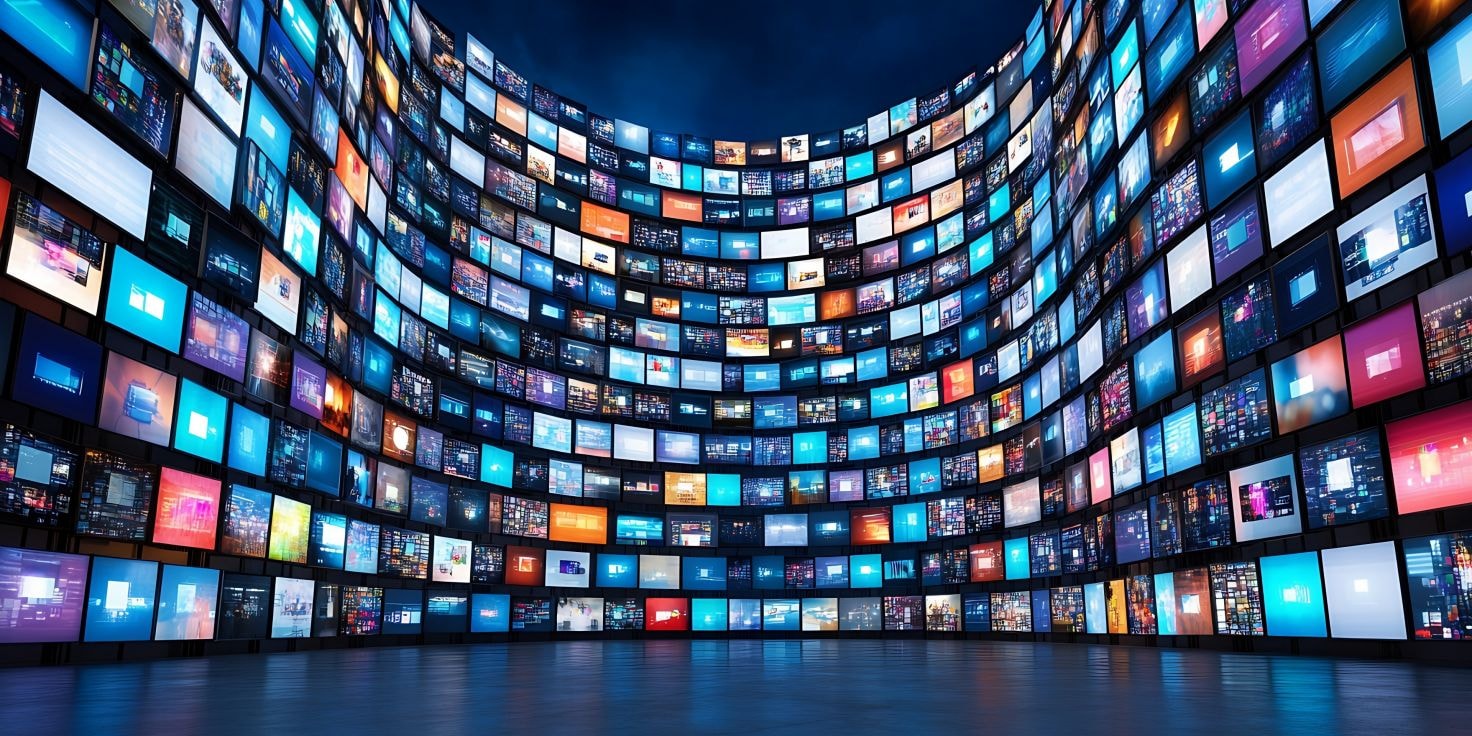
Virtual Assistant: Smarter, More Natural Communication
Next-generation chatbots offer more human-like experiences. Bank of America’s Erica helps millions of customers manage their finances. Amazon Alexa makes personalized shopping recommendations, while Duolingo AI Tutor tailors language lessons to each person’s learning pace.
Content Creation: Personalized and Effective
Generative AI is changing the way content is produced. Netflix relies on viewing data to recommend content, which accounts for 80% of the platform’s views. Sephora lets customers try on cosmetics using AR technology, and StoryChief helps creators write blogs with full titles and SEO optimization, saving them time.
Generative AI offers enormous potential but must be deployed responsibly. Building a legal framework, ensuring transparency and dialogue between stakeholders will help AI serve humanity, bring social benefits, fairness and safety.


